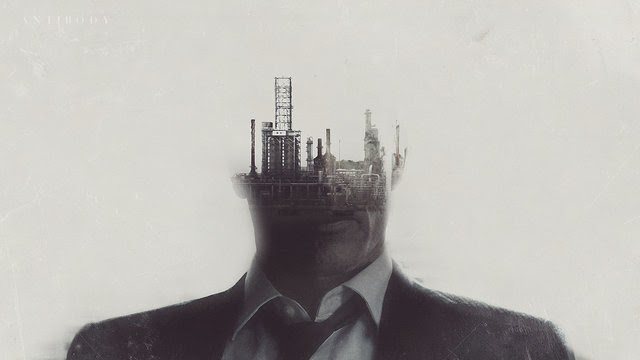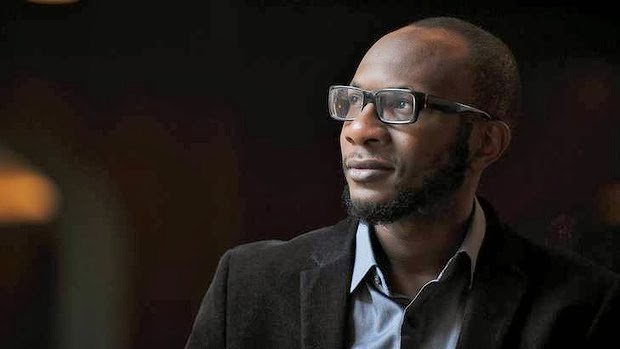Samuel R. Delany: Another Roundtable

Recently, Locus published an online discussion of the work of Samuel R. Delany with a bunch of different writers and critics, primarily aimed at discussing Delany’s status as the newly-crowned Grand Master of the Science Fiction Writers of America . Plenty of interesting things are said there, and the participants include a number of people I’m very fond of (both as writers and people), but the particular focus ended up, I thought, creating a certain narrowness to the discussion, especially regarding the post- Dhalgren works, and I thought it might be nice to gather a different group of people together to discuss Delany … differently. So here we are. I put out the call to a wide variety of folks, and this is the group that responded. We used a Google Doc , and the discussion grew rhizomatically more than linearly, so you'll see that we sometimes refer to things said later in the roundtable. (This makes for a richer discussion, I think, but it may be a little jarring ...




